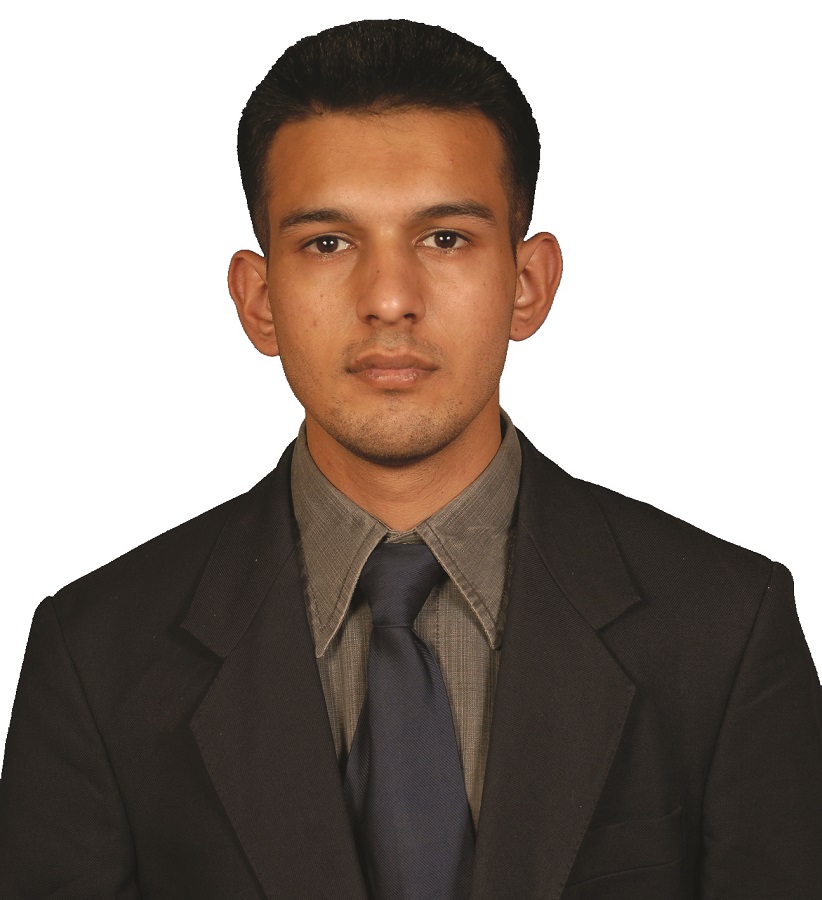Expressing optimism, Khuldoon Hameed of TransGulf Electromechanical discusses opportunities for growth for the HVAC industry in the GCC region
– Khuldoon Hameed

Khuldoon Hameed
An increasing focus on Green Buildings, environmental efficiency and safe workplace settings has correlated with an increased emphasis on HVAC equipment throughout the Gulf region. The region continues to be at the forefront of global economic development, particularly as oil prices continue to rebound. Upcoming regional and global events in the GCC region further require complementary infrastructure fitted with modern HVAC systems. As per current trends, the HVAC sector in the UAE is expected to surpass USD 1 billion by 2017. The overall HVAC sector in the GCC region is valued at in excess of USD 3.5 billion. The largest, and by far the fastest-growing countries, are Saudi Arabia, UAE and Qatar, respectively.
According to the latest research, the HVAC sector in the GCC is expected to grow at a compounded annual growth rate of 7.43% through 2012-2016. This growth is expected to continue beyond, fuelled by increasing demand for HVAC equipment from both residential and commercial sectors. As of the present, the residential sector continues to dominate demand, accounting for roughly 60%, whereas commercial demand continues to post steady growth, accounting for roughly 40%. The UAE and Saudi Arabia continue as the top markets in the GCC region.
The overall UAE economy (based on GDP) continues to grow despite an oil-based global economic depression for the last few years. In 2016 (at the time of writing), the GDP is expected to grow by 3.7%, which is far in excess of estimations approximated at 1.8%. This growth beats out all other economies in the region, including Saudi Arabia, where the economy is set to grow only by two per cent. The forerunners of this continued economic enthusiasm include the construction and real estate sectors, both of which correlate with the HVAC industry.
The projects are based on the perspective of decreased energy expenditure and an environmentally friendly output through using minimal resources over the long-term
Despite the continued and stressful economic depression, which has led to decreased activity in the services and commercial sector, the construction sector exhibits great resilience. This may perhaps be because the UAE’s economy is more diverse compared to other GCC region nations. (The UAE’s economy is roughly 40% oil-based, whereas that of Saudi Arabia is roughly 80% oil-dependent.) This resilient growth is steered by major landmark and small-scale construction projects. The construction sector continues to expand. In 2015, over USD 11 billion worth of new construction projects were awarded throughout the UAE. Roughly all new construction projects require large-scale, innovative and efficient HVAC systems, virtually guaranteeing continued sustenance and stable growth of all commercial, industrial and personal HVAC systems.
The upcoming regional events, including the World Expo 2020 in Dubai and the FIFA World Cup 2022 in Qatar are expected to further propel demand by requiring sufficient public and hotel infrastructure to sufficiently host the increased demand. Particularly for Qatar, which is to host the largest sporting event in the world to date, which will also require the greatest amount of HVAC-installed infrastructure.

Technological innovations also continue to fuel growth in the HVAC sector. The cost of HVAC equipment and, in particular, cooling dominates energy consumption of an infrastructure scheme. Though the cost of cooling – and, therefore, energy – is dependent on numerous variables, the mean appears that HVAC accounts for well over 50-60% of an infrastructure’s consumption. More efficient cooling systems have managed to slash energy expenditure of units by roughly 30-40%. However, large-scale HVAC units continue to post high demand propelled by the aforementioned global events and shift in environmental focus.
For the UAE, the government has increased regulations, requiring older HVAC systems that fail to meet performance and environmental specifications, to be replaced with modern systems. This represents a tremendous long-term growth for the HVAC sector, though competition has also been increasing – as Chinese manufacturers enter the market equipped with advanced technologies – against US, British, Japanese and South Korean competitors.
Green cities also continue to be a source of growth. Qatar has recently unveiled plans for the construction of three green cities, while Saudi Arabia has numerous green cities already well under construction, including one adjacent to Makkah. The UAE has also undertaken the construction of various green and smart cities and buildings. Prominent projects include the Mohammad Bin Rashid City, Renaissance City, and Dubai Sustainable City. The hallmarks of the projects are greatly reduced environmental impact and minimal energy expenditure. The projects are based on the perspective of decreased energy expenditure and an environmentally friendly output through using minimal resources over the long-term. The different infrastructure aspects are recognisable for their technological advancements, interconnecting all amenities of life through technology, including transportation, communication and MEP.
In the current perspective, all market indicators signify that the HVAC sector is poised for continuous growth, proportionate with the economic development of the region. The growth indicator trends point towards the positive, not only for the coming years but also for the next several decades.
Khuldoon Hameed is Testing and Commissioning Engineer at TransGulf Electromechanical LLC (Al- Naboodah Group). He can be contacted at Khuldoon.Hameed@tgemdubai.ae.
CPI Industry accepts no liability for the views or opinions expressed in this column, or for the consequences of any actions taken on the basis of the information provided here.
Copyright © 2006-2025 - CPI Industry. All rights reserved.